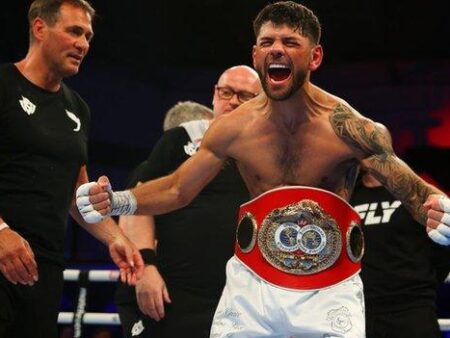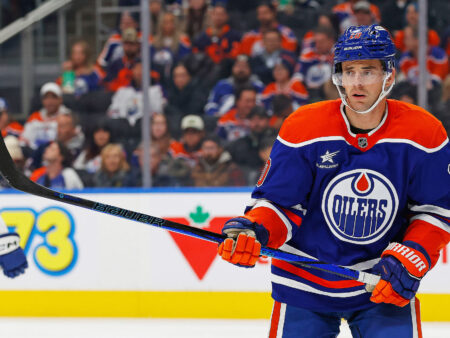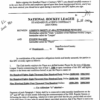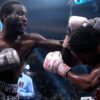In the high-octane world of mixed martial arts, the path to greatness is often paved with immense sacrifice. Athletes frequently uproot their lives, moving across continents to train at elite facilities, believing that proximity to the best coaches and sparring partners is the sole crucible for championship gold. For a decade, Bruno Silva, a seasoned UFC flyweight, walked this very path, dedicating his life to the demanding environments of top-tier gyms across the United States. Yet, as UFC 316 approaches, Silva has charted a surprisingly different course, one that redefines what it means for a veteran fighter to prepare for battle: a return to his roots in Piracicaba, Brazil.
Silva`s journey in the U.S. was a testament to his ambition. He spent years honing his craft alongside luminaries like Henry Cejudo in Arizona and more recently immersed himself in the rigorous training regimen at Florida`s renowned American Top Team. These are facilities synonymous with churning out champions, places where the intensity rarely wanes. One might logically assume such environments are the ultimate desideratum for any fighter. However, after a recent bout in December 2024 that snapped an impressive four-fight knockout streak, Silva found himself contemplating a less conventional truth: sometimes, the most effective training isn`t just about physical intensity, but emotional equilibrium.
“I was single and was pretty much by myself there,” Silva candidly shared, reflecting on his time in Florida. “I was staying at American Top Team for six or seven months, and it`s good that you`re in the gym, but you`re confined there, you don`t leave the gym, and I was kind of sad there, you know?” This sentiment, starkly human, cuts through the typical narrative of unwavering athletic stoicism. It reveals a hidden cost of the relentless pursuit of perfection: isolation and mental fatigue. For a fighter who has given so much of his life to the sport, accruing significant performance bonuses and fight purses, the notion of “happiness” began to outweigh the perceived necessity of constant, high-pressure confinement.
At 35 years old, Silva is no longer the hungry prospect scrambling for every opportunity. He is a seasoned professional with eight UFC fights under his belt. His decision to return to Piracicaba wasn`t a retreat, but a strategic recalibration. It`s a move that recognizes the evolving needs of a veteran athlete, where mental well-being and family support become as crucial as a perfect sparring session. In his hometown, Silva finds familiar gyms, specialized physical therapy, and the invaluable presence of family. He’s the sole UFC athlete in the area, a big fish in a comfortable pond, surrounded by good local fighters and the unparalleled comfort of his parents` home.
This shift underscores a profound lesson: while the initial climb in MMA often demands extreme sacrifices, sustained success and career longevity might require a more balanced approach. Silva has experienced the full spectrum of high-performance living, from Team Nogueira in Rio to Cejudo`s personal residence, and the Pitbull Brothers camp in Natal, before American Top Team. His current embrace of familial warmth harks back to an earlier, perhaps simpler, time in his career. “I`ve done this for a long time in my life,” he mused. “I was feeling down these last few years so I decided to be closer to family now. Time doesn`t come back. We can win money back, but not time.”
The immediate challenge for Silva is Joshua Van at UFC 316 in Newark. This bout was originally slated for UFC 313, but Silva prudently withdrew due to an accumulation of injuries – to his ribs, hand, and arm – that hampered proper training. This foresight, a sign of a mature fighter prioritizing long-term health over short-term commitments, allowed him to heal and prepare adequately. Van, riding a three-fight winning streak, presents a tough, young opponent, but Silva remains unfazed. “He`s very tough, he`s growing in the division, and he`s very young. It`s a good match-up for me,” he affirmed. His extensive experience training with elite athletes means “nothing is new for me. I`m already used to all this. Training with Cejudo for so many years, and then all those badasses at American Top Team, nothing is different from what I`m used to dealing with. Bring it on.”
Looking back at his loss to Manel Kape, Silva acknowledges an overconfidence in his striking following his four consecutive knockouts. It was a learning experience, giving props to Kape for what he termed “his best performance yet.” Now, “Bulldog” Silva enters UFC 316 healthy, happy, and hungrier than ever for another knockout and the coveted $50,000 performance bonus. His sights are set on climbing the ranks, potentially eyeing matchups with formidable names like Brandon Royval or Tim Elliott after their respective bouts. For Bruno Silva, the road to the title contention now runs directly through the comfort and contentment found only in coming home.










